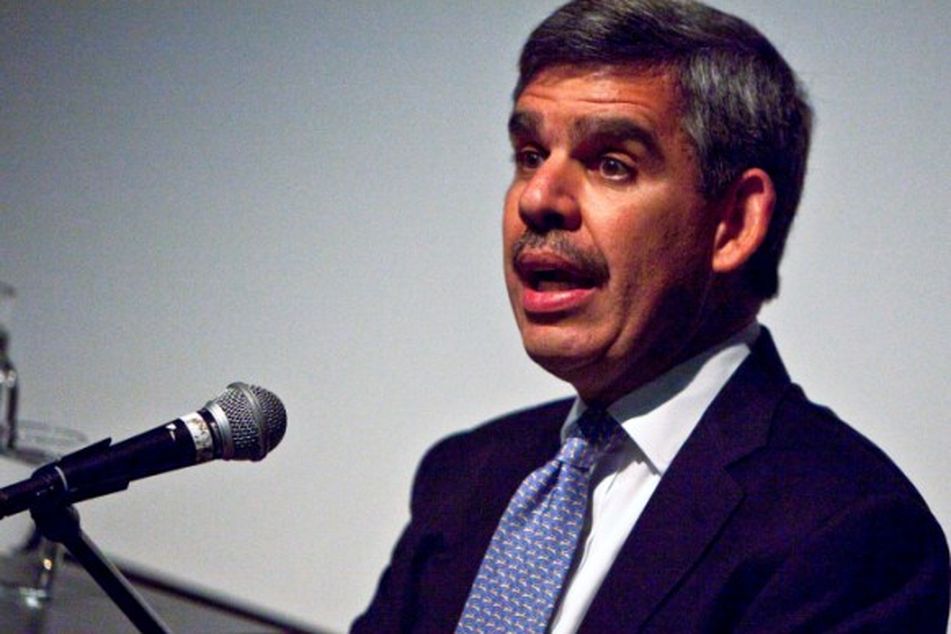U.S. recovery could be rocking the global boat, El-Erian says

Government stimulus lifting America, but roiling economies of other nations, Pimco boss warns
As turmoil spreads through parts of the Middle East, it is logical that the U.S. economy and stock market can continue, at least for now, on its own “separate course of recovery,” said Mohamed El-Erian, chief executive and co-chief investment officer of Pacific Investment Management Co. LLC.
“For most people, Egypt and the Middle East don’t yet fit into their simple view of systematic events,” he said.
The apparent separation between rising levels of global unrest and a relatively steady U.S. economic recovery was summed up by Mr. El-Erian as the difference between what people view as domestic healing and how they perceive a more distant and dynamic global situation.
“We see continued gradual healing in the U.S. because the economic numbers are getting better and the market is extrapolating that those numbers will continue to get better,” he said.
Meanwhile, he added, the uncertain global environment is seen as primarily political.
“For the most part, the problems in the Middle East do not involve large economies that owe lots of money to any other country, and they don’t control any sort of commodities,” Mr. El-Erian said. “That shows that our ability and framework to understand the systematic effects of what’s going on is limited.”
Even if the U.S. market can overlook some global political turmoil, however, there is the other risk of “not fully comprehending the global effects of U.S. economic policy,” the Pimco executive added.
Specifically, Mr. El-Erian cites the $600 billion second round of quantitative easing that is pushing up asset prices, and government stimulus programs that are designed to create purchasing power.
“There are benefits, costs and risks to all of this, and we [in the United States] are only seeing the benefits,” he said. “The rest of the world is seeing rising commodity prices, and large capital flows that are causing some foreign economies to overheat.”
So far, Mr. El-Erian explained, there is no sign of reconciliation between the issue of the U.S. economic recovery and the effects that it might be having on the rest of the world.
“The question is, ‘Can we continue on these dual tracks or do they have to be reconciled?’” he said.
While Mr. El-Erian admits he does not have the answer, he said one possible and optimal scenario would be for the U.S. economy to figure out a way to recover independently of fiscal stimulus and “and financial engineering by the Fed..”
That, he added, could help to stabilize the global economy.
“But that would require some conviction on the part of Congress that problems don’t get kicked further down the road at both the federal and state levels,” he said. “There also needs to be some conviction toward creating financial stability because the banking system is still not lending to mid- and smaller-sized companies.”
The lending component, he explained, is crucial to reducing unemployment and sustaining the economic recovery.
“The employment battle is won or lost at the medium- and small-company level,” he said. “For now, we can only wait and hope things stabilize and hope the U.S. economy continues to recover.”
Portfolio Manager Perspectives are regular interviews with some of the most respected and influential fund managers in the investment industry. For more information, please visit InvestmentNews.com/pmperspectives.
Learn more about reprints and licensing for this article.








